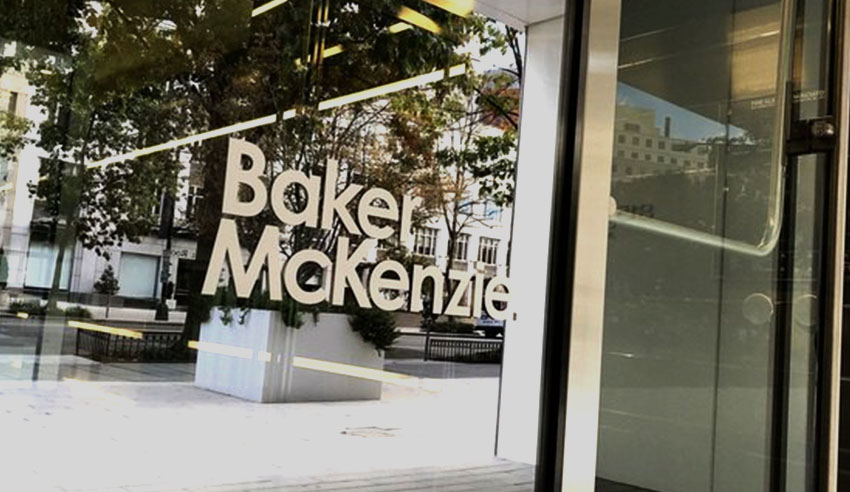Despite the efforts and the assurances from leading global companies to address the underrepresentation and promote inclusion in the workplace, there has been a “slow and sometimes frustrating” lack of progress, a Baker McKenzie report has revealed.

In the second instalment of its Mind the Gap series, Baker McKenzie found that many organisations are “less far along” the path to achieving diversity and inclusion than they hoped. Findings suggest that although organisations have invested considerable efforts into the development of policies and training, this has “not translated into inclusive cultures and actions” or a material improvement.
Commenting on the findings, Baker McKenzie’s head of Asia-Pacific employment and compensation group, Michael Michalandos, based in Sydney, said that the underreporting is likely to stem from conflict avoidance among managers rather than a lack of reporting on infrastructure at the organisational level in these workplaces.
“This is a trend we see in relation to anti-bribery, corruption, and poor employee conduct and performance as well as I&D. An over-emphasis on mateship and keeping the peace makes it very difficult to manage compliance issues,” he said.
Off that, the report found managers are particularly uncomfortable dealing with sensitive discrimination and harassment issues and regularly attempt to deal with these issues informally. Baker McKenzie found that they often “downplay” the matter and do not consult appropriately with the complainant.
Due to this, Baker McKenzie found a common theme of complainants feeling ignored or “frozen out of the process”, which “only serves to compound the issue”. Other employees subjected to bad behaviour quickly form the perception that their matters will not be dealt with seriously or they will be disadvantaged for raising the issue.
When expressed as a percentage of company turnover, Australian organisations are making the greatest investment, Baker McKenzie found, and those in the UK the least. However, the findings note that I&D investments represent only a “small fraction” of organisation turnover and real cut-through is still yet to be seen.
On what organisations can do differently, Mr Michalandos said: “Although general I&D training and policies are important to help organisations keep pace, there needs to be a specific focus on encouraging managers to proactively intervene and give them the skills and confidence to manage these issues at coal face.”
Strong leadership should start at the board, Mr Michalandos added: “Organisations have shown how important strong messaging from the board can drive effective work health and safety practices. I&D should also be a regular item on board agendas.”
